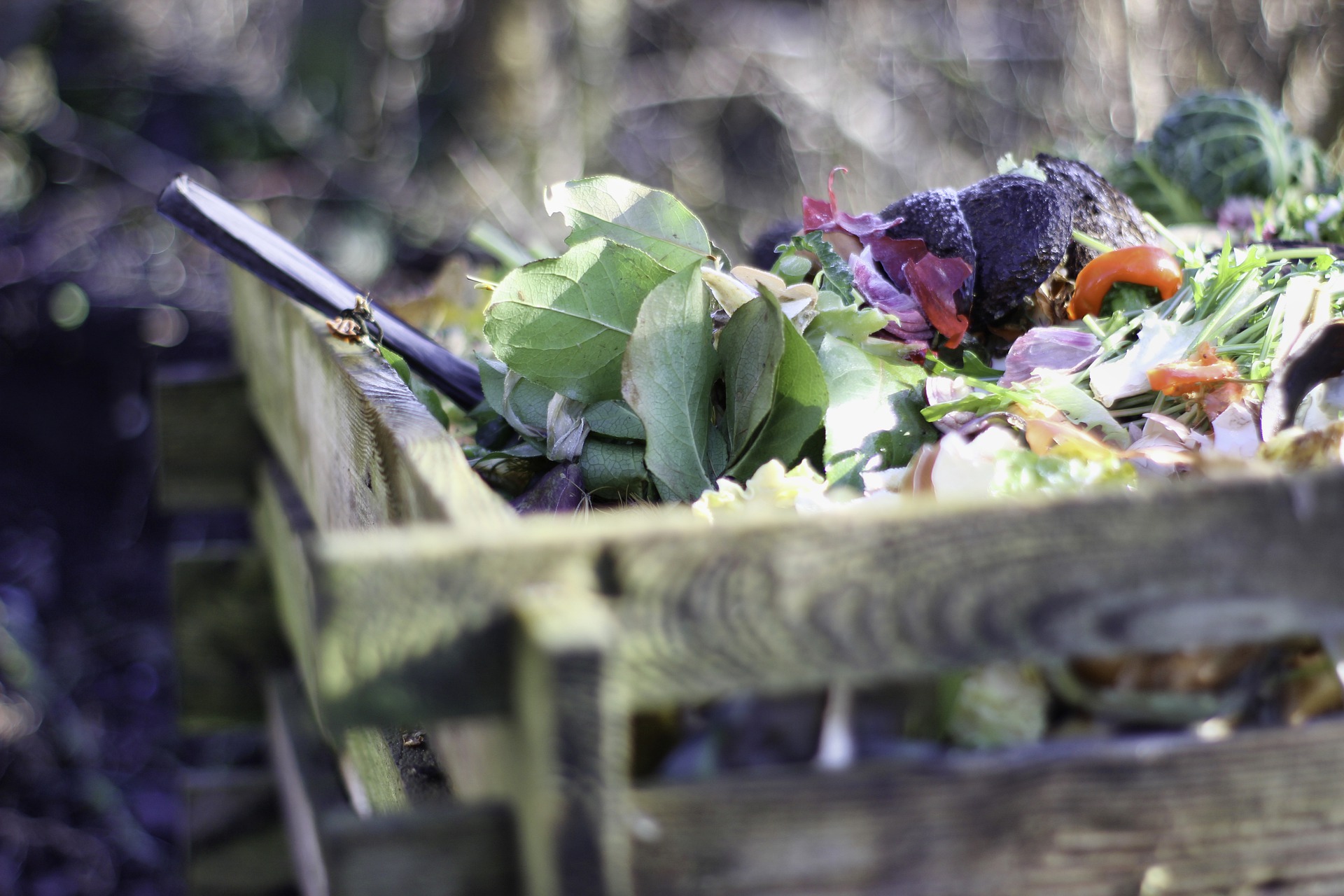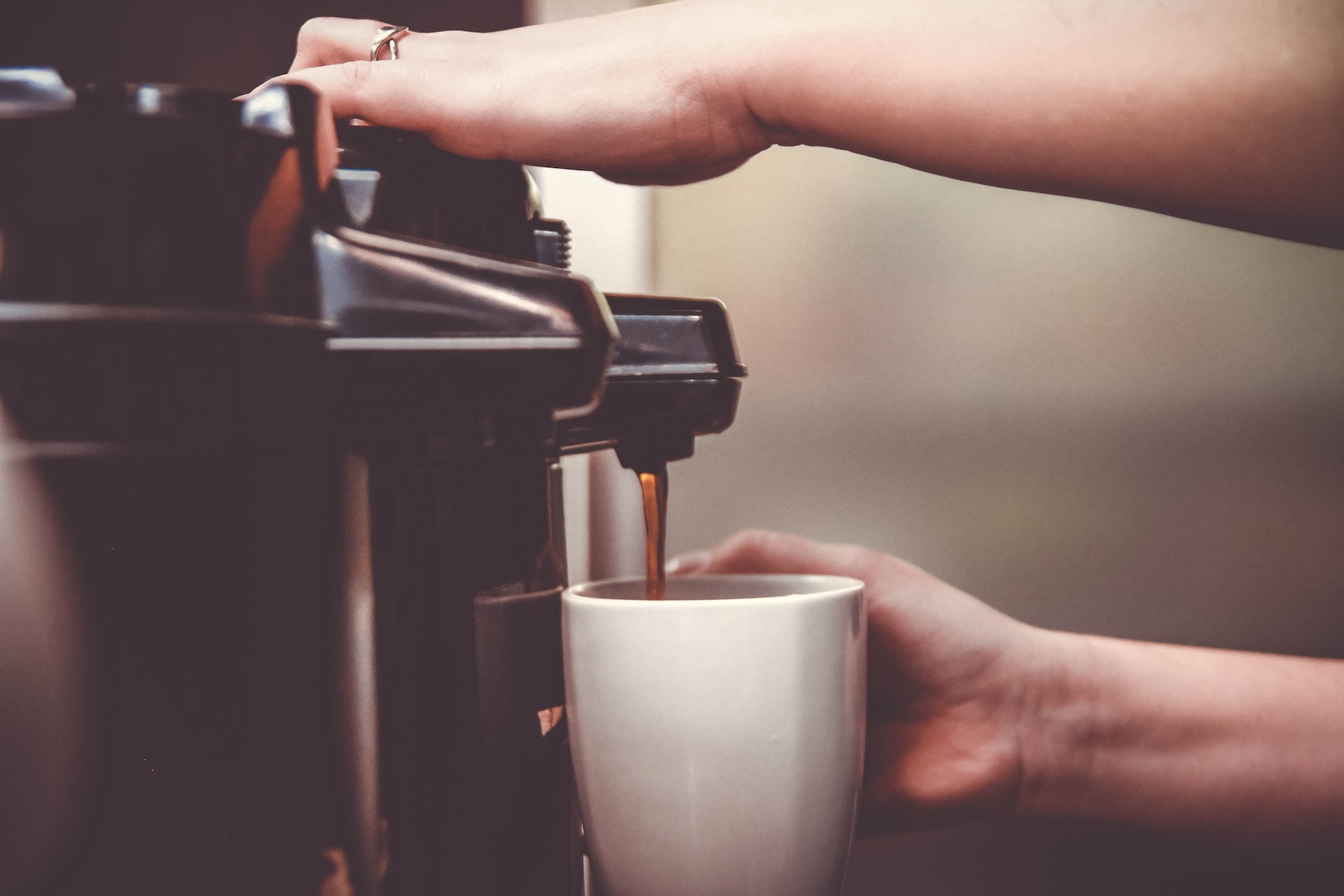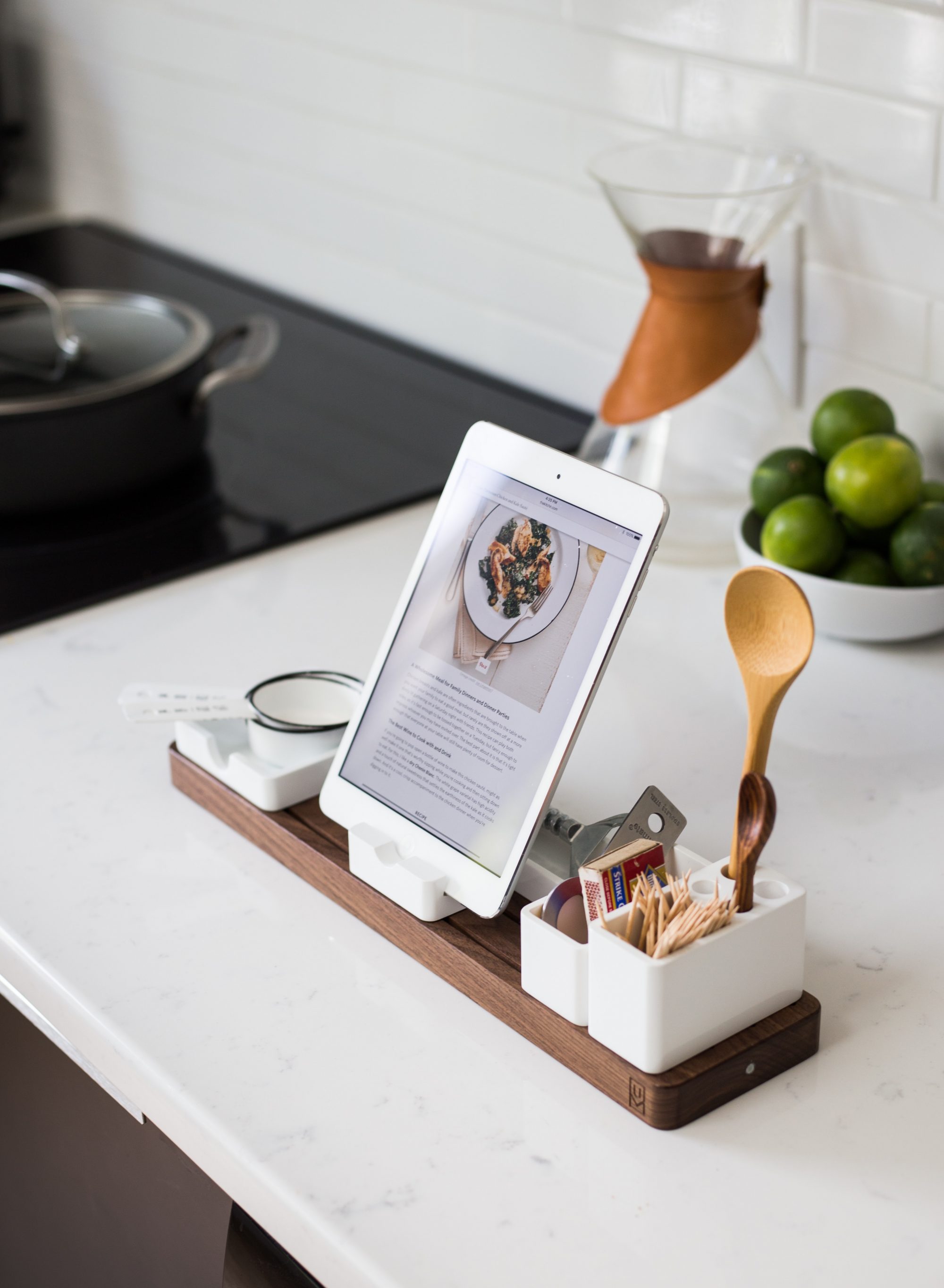[su_note note_color=”#ffe3e6″]This post contains affiliate links. Affiliate disclosure: As an Amazon Associate, we may earn commissions from qualifying purchases from Amazon.com and other Amazon websites.[/su_note]
Composting is the perfect way to keep garbage odors at bay, reduce waste going to landfills, start going zero waste, or perk up your garden. Yet, even with this slew of benefits—plus more—many still don’t compost. What gives? While there are various reasons, one thing holding people back from composting is the idea that it is difficult and inconvenient. However, it is quite the opposite—composting is just as easy as throwing away garbage in most cases.
Here is what you need to know about composting and 3 easy steps to get started today!
Why is Composting Important?
America’s food waste equals 8 billion pounds annually—the equivalent of 1,000 Empire State Buildings—with the majority going to landfill sites. In fact, it is estimated that 22% percent of landfills are occupied by food waste. This is an issue not just for the space it takes up but also because of how it decomposes.
When food and other organic matter decompose in a landfill site, it releases methane and other greenhouse gases due to the lack of air. Contrastingly, compost piles are churned, which provides airflow, meaning that as food decomposes in the compost, it releases little to none of these harmful emissions.
Additionally, compost:
- Reintroduces key nutrients back into soil
- Sequesters carbon out of the atmosphere to fight climate change
- Makes plants healthier, which means they can better fend off pests
- Reduces landfill waste
- Helps kids understand eco-consciousness in a hands-on way
- Makes crops more drought-resistant as compost can store 5x to 20x its weight in water
- Won’t burn plants like chemical fertilizers or contaminate groundwater
3 Easy Steps to Start Composting
1. Pick a Composting Method
There are 3 common ways to compost: a city provided bin, a backyard compost pile, or an indoor compost container. Which one you choose will heavily depend on what your community offers, the space available to you for composting, and your lifestyle.
City Compost Bin. This tends to be the easiest way to start composting and comes in the form of a curbside compost bin. Generally, this larger bin provided by the city for free or a small fee is kept outside with a compost bag where you drop in your food waste. The city will then empty it every week or so when you put it to the curb. Often compost pickup coincides with garbage or recycling pickup day for extra ease.
Pros
- Easy to start and maintain
- Convenient
- Cheap
- May be able to compost things you can’t with a backyard compost pile, like oil, eggs, dairy, meat, and bones
Note that all cities have their own set of guidelines for what can go into the bin
Cons
- Won’t get to use this compost to benefit your own plants and garden
Backyard Compost. Select city programs also offer backyard compost bins. But if yours doesn’t, there are plenty of ways to start your own. Some people make simple wood enclosures, while others go with a large tote. Some even go super basic with a large heap off to the side of their property.
Pros
- Easy to start
- Convenient
- More hands-on to help kids learn
- Can use to benefit your own plants and garden
Cons
- Need to balance brown and green compost
- Takes up more space
- Can’t compost all food waste (ex. meat and dairy)
Indoor Compost. Sometimes an indoor bin is necessary when options like municipal programs and a backyard pile aren’t available. Luckily, composting in an apartment or other indoor spaces isn’t as scary as it sounds. Worried about odor? One option is to keep compost in the freezer until you can drop it off at a compost site.
Pros
- Easy to start and maintain
- Cheap
Cons
- May need to be dropped off at a compost site or community garden with a compost pile
2. Learn What You Can Compost
We touched upon how city compost programs differ with their guidelines for what you can compost, as well as a few things that shouldn’t go in your backyard compost bin. Diving deeper into this topic, food waste, and other things you can compost include:
- Coffee grounds
- Tea leaves
- Fruits and vegetable peels and rinds
- Used napkins
- Cardboard
- Eggshells
- Leaves and plant trimmings
- Cotton swabs
- Hair and nail clippings
- Pet fur
The above is a small round-up of everyday compostable items but is nowhere near exhaustive. But it is a great place to start!
3. Take Steps to Make it Easy
No matter which composting method you choose, you want to make it easy. And one way to do this is by placing smaller bins around the house, so you aren’t running outside every time you peel an orange.
Two main bins to consider:
Kitchen Compost
This bin is generally for food scraps and napkins. And when emptied regularly, smell generally isn’t a problem. However, if odor becomes an issue, it can quickly be nixed with a compost bin that uses a carbon filter. Want a cheaper method? Place the compost in the freezer until you are ready to take it outside.
Bathroom Compost
A small compost bin in the bathroom will make you far more likely to remember to compost items like nail clippings, cotton swabs, and hair. It may not seem like a lot, but it adds up! Since this compost bin is mostly dry, you won’t have to worry about odor and it won’t have to get emptied as frequently.
Other tips to make composting easy:
- Keep a list of things you can compost on the fridge or another easily accessible place when you first start out
- Use a black outdoor compost bin to compost through the winter
- Make your backyard compost pile no bigger than 3 feet wide, deep, and tall for easy churning
Composting is essential for a healthy environment and it is simple enough for anyone to do. The key is to have a plan of action, know what you can compost, and look for ways to make it easy for your lifestyle. Complete those 3 steps and you are well on your way to becoming an expert composter!





